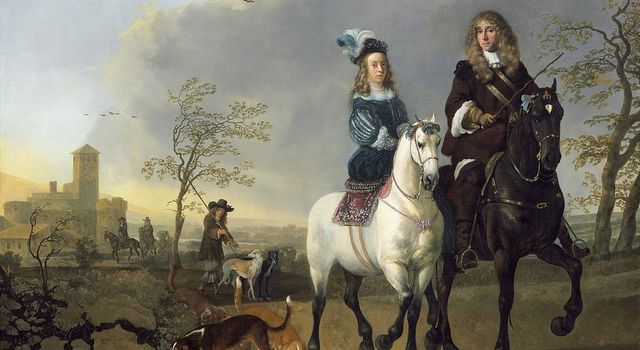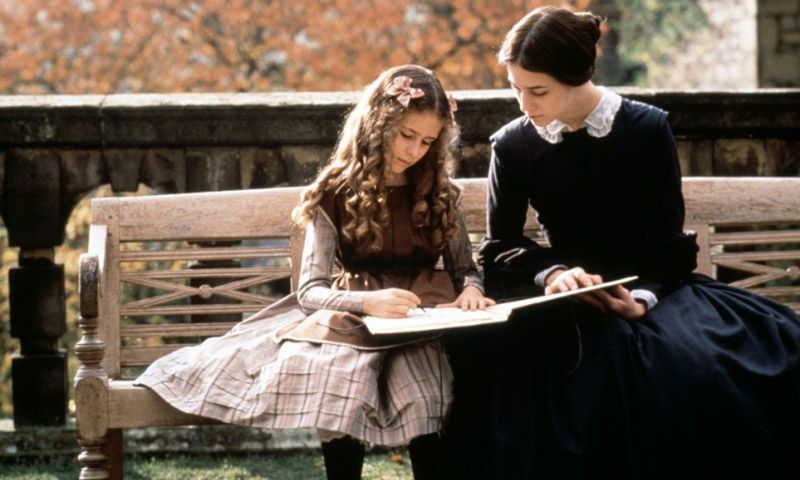The methods and tricks used by the aristocracy to raise children
Sugar.mn staff

Respect for dignity
From a young age, he set high standards in all relationships, such as honesty, courage, education, good behavior, and relationship culture. .
The education of courage
Cowardice was thought to be an impossible trait for a nobleman, and by exercising the willpower of the mind, the ability to face and win bravely in the face of danger without fear of anything was taught and nurtured, without distinguishing between men and women.
The strong and rigid quality of the body
Usually, in healthy air, the following skills were acquired, which were indispensable. These included horse riding, swordsmanship, swimming, and canoeing, and hunting skills required strength, agility, and endurance.
Abstinence
A true nobleman demanded that he should not show calmness or nervousness in any situation, and he was taught from childhood to accept and overcome any blow of fate bravely and with dignity. Being overcome by emotions and not being able to control oneself was considered the most shameful thing.
Appearance
They were taught to suppress their shortcomings, value good looks, make them understand the importance of a clean appearance, and teach them that men should not be feminine, and that they should take care of their nails and hair.
Likeability
He paid a lot of attention to the culture of communication, was trained to be able to be able to listen to others patiently, and to be able to behave in an attractive manner, to treat everyone with dignity and respect, without making any excuses.
Modesty
Modesty, shyness, and self-restraint were not considered to be self-restraint, but to interfere in others' conversations, interrupting, changing the subject, and talking too much was considered shameful.
Speech
There were two mandatory rules of speech, the first: insults could be discussed with each other, but it was required to express them in the most polite way, which required the art of mastering the language and sharp wit, so they were taught to value the purity of speech. The second rule: the requirement to master the mother tongue and knowledge of a foreign language should not be the same.
History proves that these principles have been fully implemented from generation to generation.

Latest









